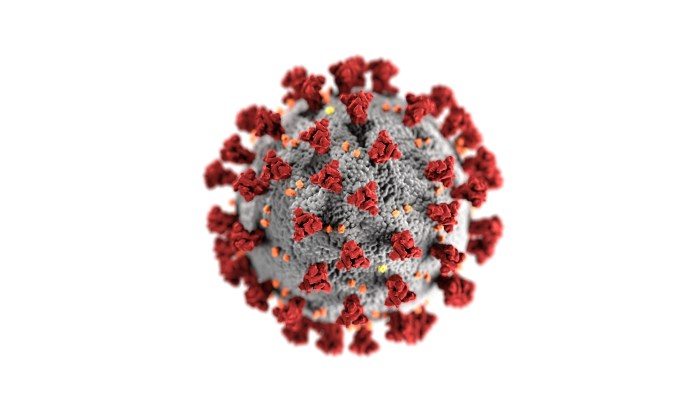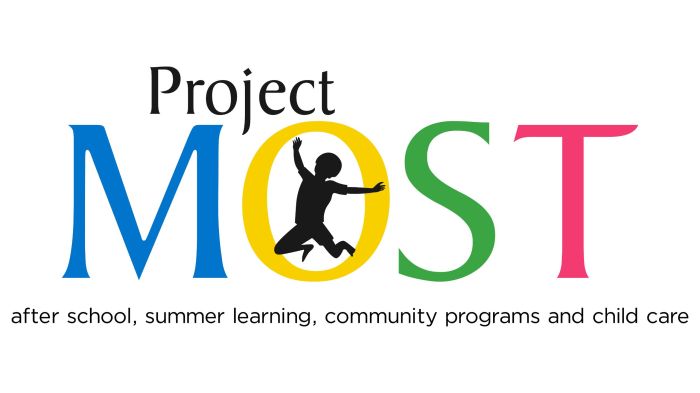
New York Blood Center (NYBC) is extending open hours at its donor centers and urging healthy donors to make appointments to help maintain the region’s blood supply at this critical time.
“Around 75 percent of our incoming blood supply was interrupted when schools, businesses and religious institutions closed due to the coronavirus outbreak. In response, we’ve increased capacity at our donor centers by extending hours and opening for extra days each week. These modifications will provide controlled, safe environments for healthy donors. By quickly implementing this sustainable long-term solution we have worked to prevent our blood supply from dropping to dangerously low levels,” said Christopher D. Hillyer, MD, president and CEO of New York Blood Center.
Blood is perishable and the supply must be continually replenished. NYBC operates 19 donor centers across New York and New Jersey. Donors can schedule appointments by calling 1-800-933-2566 or visiting nybc.org/coronavirus.
Blood collection sites are disinfected frequently, and we are taking extra precautions to help prevent the person-to-person spread of COVID-19 as per CDC recommendations. NYBC staff are also practicing health self-assessments prior to presenting at work. As always, people are not eligible to donate if they’re experiencing a cold, sore throat, respiratory infection or flu-like symptoms.
In order to protect our staff, healthy blood donors and our community blood supply, people must avoid donor centers if they are experiencing a fever or other symptoms of COVID-19 (cough, shortness of breath, or difficulty breathing), have had close contact with someone diagnosed with or suspected of having COVID-19 in the last 14 days, or been diagnosed with or suspected of having COVID-19 until 28 days after their illness has resolved. NYBC does NOT test for COVID-19.
It only takes one hour to donate, and a single donation can be used to save multiple lives. About one in seven hospital admissions requires a blood transfusion. Those in need include: cancer patients, accident, burn, or trauma victims, newborn babies and their mothers, transplant recipients, surgery patients, chronically transfused patients suffering from sickle cell disease or thalassemia and many more.
Additional information is available at nybc.org/coronavirus.




























